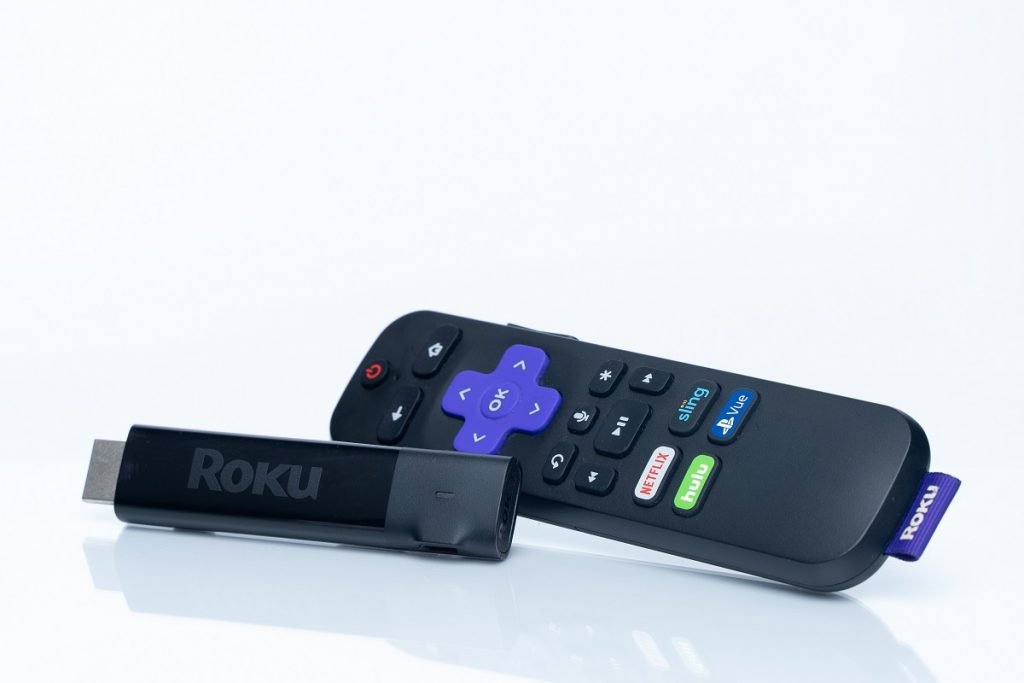TATT chases IP phantoms

The Telecommunications Authority (TATT) decided to start this week with some excitement, issuing a press release last Friday at 4 pm that threatened legal action, to the tune of fines of $250,000 and ten years’ imprisonment for anyone found selling Android boxes set up to stream illegally obtained content.
This followed a warning issued in 2018, which led to exactly nothing beyond earning TATT significant ill-will and encouraging uncomfortable questions about its extended forbearance with cable companies broadcasting channels that could, at best, be described as grey market.
It was hard to imagine a worse time to target potential sources of entertainment as the country plunged deeper into lockdown and the nation was generally reeling from the implications of a freshly imposed state of emergency and curfew.
TATT is targeting simple devices capable of accessing the Internet and linking to repositories of pirated television programming and movies.
Since practically nobody, anywhere, was selling anything much at all, it seemed an odd bit of timing, particularly since the police were more likely to be busy chasing after unmasked limers, not couples sitting at home watching pirated streams of Lucifer.
The curious press release put me to mind of the video store that operated right around the corner from my home office with impunity for a decade, a convenient stop for police officers looking for movies for the weekend.
I remember my nephew Joel, on a visit from Houston, standing slack-jawed in the store a decade ago, stunned at being in the presence of hundreds of items of stolen property neatly arranged on racks.
No police raid closed that store. Faster broadband and readily accessible torrents did. Why pay $5 or $10 for a disc when you could just watch the show on a computer? Or, these days, a smartphone?
Not wishing a visit from GG’s IP forces, I won’t list the many apps for Android phones, smart TVs and tablets that do what Android boxes do without any of the fuss.
The world, it is safe to say, has moved on in the three years since TATT last fulminated about Android boxes.
That premium product on cable? Movies on demand? That’s now called streaming, and it’s the first serious alternative to online video piracy.
Netflix scored the first major beachhead in TT in 2011, and limping along behind it are Amazon, Apple and Disney.
The timer is slowly counting down on the artificial limitations of geofencing and timed delivery that hampered the appeal of early streaming services outside the US as studios and producers realise that the best way to beat piracy is to get to customers first with better quality.
Covid19 decisively speeded up that clock, as studios no longer had any reliable market in cinemas and began releasing their films directly to streaming. Apple’s iTunes store, the first significantly successful online music store, proved that the problem often held the seeds of a solution, but it takes savvy and risk to achieve that.
There won’t be any rewinding on this doomsday clock for programmed entertainment. A generation of children is coming of age with neither an understanding of, nor patience with video that can’t be paused or fast-forwarded.
Does TATT have actionable information on massive importations of Android boxes? Tip-offs about warehouses full of the things? Why is the authority chasing after a technology that’s already dying?
Is this public pillorying of a lame piracy technique a vigorous bobolee-beating to draw attention away from TATT’s lax and careless approach to intellectual property in the broadcast entertainment sector for decades?
What’s up, TATT?

Mark Lyndersay is the editor of technewstt.com. An expanded version of this can be found there.


Comments
"TATT chases IP phantoms"